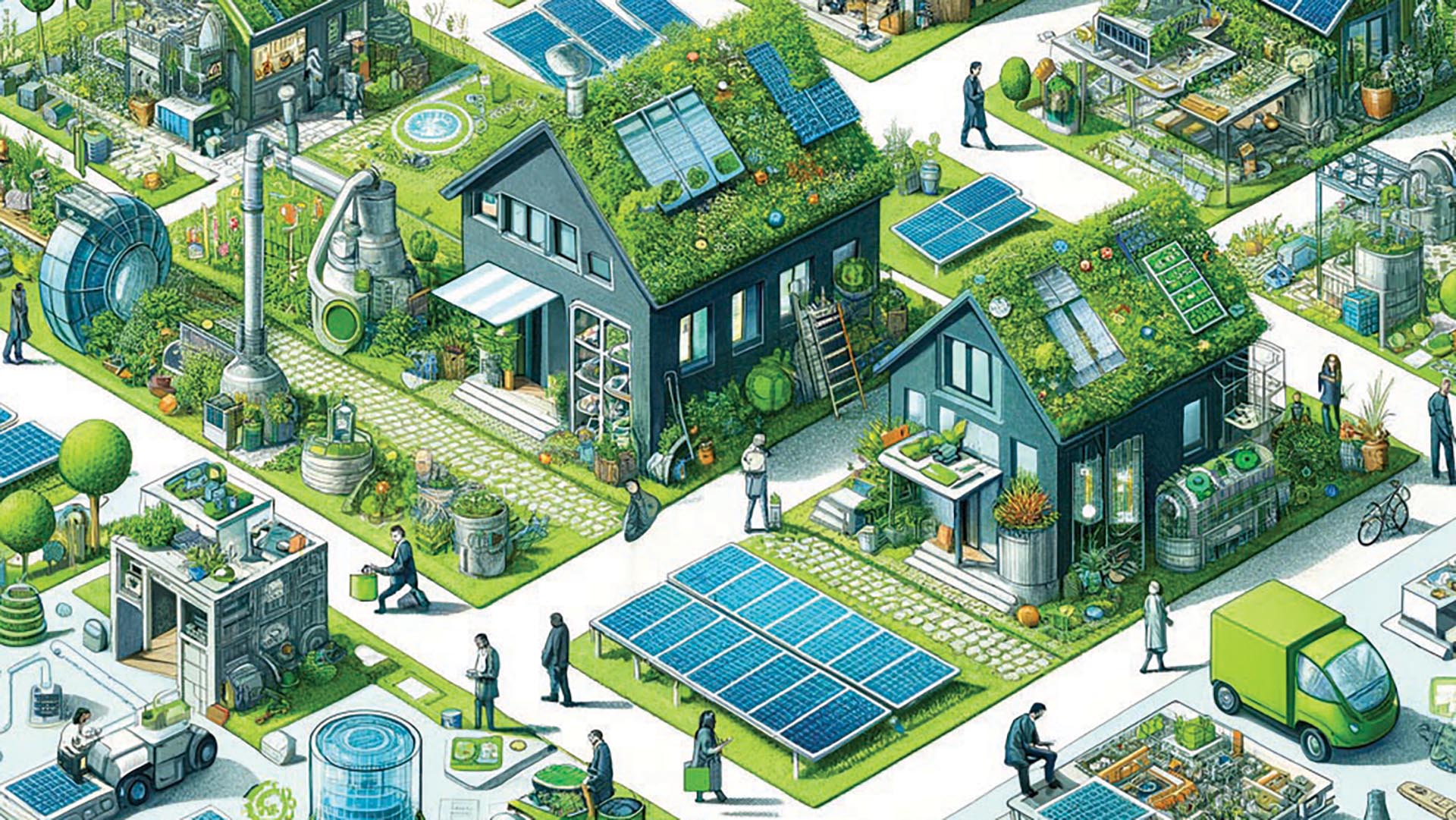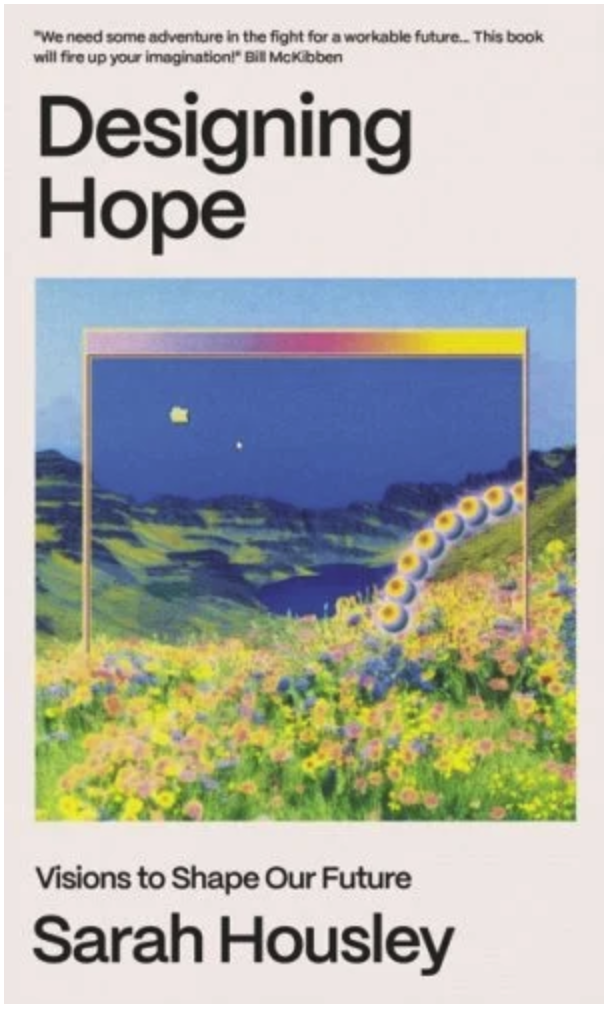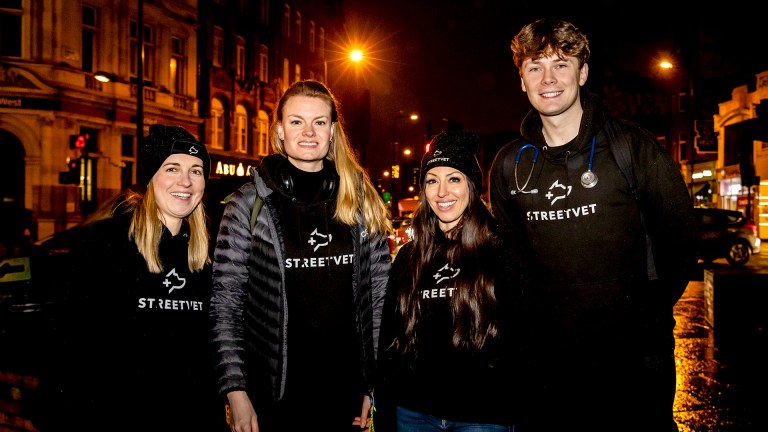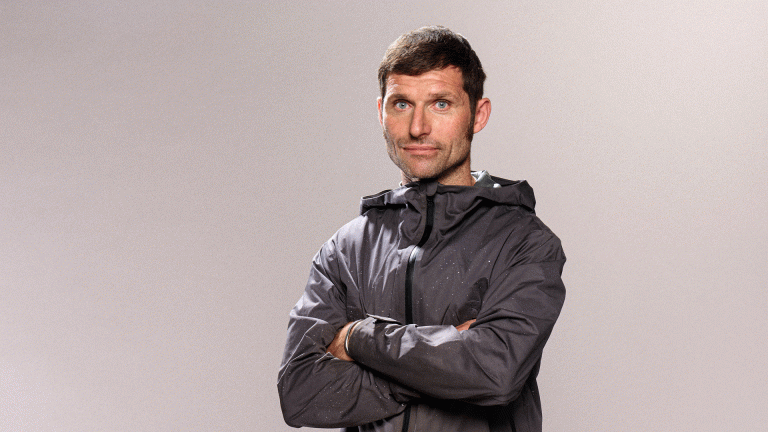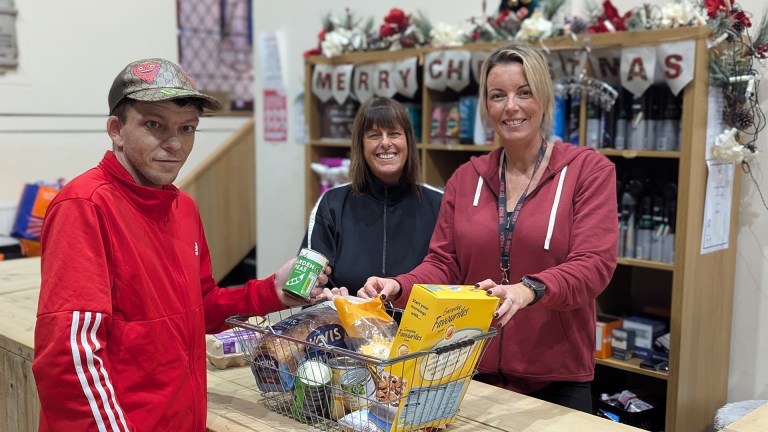We need to focus more on social innovation and create the conditions for lots of different ideas to emerge. If we can imagine a better future, we can start to move towards it. People are inspired and motivated by these visions, and we lack them at a mainstream level today. But different visions of the future are being developed when you know where to look.
More-than-human futures bring the needs and perspectives of all forms of life – plants, fungi, animals, rivers and more – into focus alongside human needs. The growing Rights of Nature movement, which is working to obtain legal rights and personhood for more-than-human forms of life, is central to this future, as are Indigenous worldviews and ways of knowing.
Read more:
Social innovations are at the forefront of more-than-human action. Communities are working together to plant food forests, ensure that nature is kept public and accessible and are rewilding, rewetting and rewiggling (in the case of rivers) our environment. Libraries are taking up roles as seed keepers. Gardeners are ‘leaving the leaves’ and cutting back on their mowing schedules to let green spaces grow lusher and longer, knowing that many of the other users of the garden prefer this state. And long-term data shows that people in the UK are gradually consuming less meat. Eating Better’s 2024 report found a “steady shift towards flexitarian diets”, with 61% of people saying they are willing to eat less meat. Continued innovation in plant-based food and expanded access to it will help ensure that future generations grow up seeing themselves as part of nature, not distinct from it or with ownership over it.
Degrowth is an economic theory that is becoming a futures vision. Its proponents argue that wellbeing should replace GDP as a measure of national success, and that if we stop organising our society around economic growth we could have so much more. Degrowth unspools a number of possibilities for how we might live differently and more collectively. Policies like four-day work weeks and universal basic income would play a part, but so do alternative business and funding models. Co-ops have benefitted this decade from a rising tide of collective action, leading to the ‘democratic economy’ being valued at £87.9 billion in 2023.
We’re starting to value repair and reuse as forms of innovation. High streets are beginning to bring in reuse centres, recycling workshops and repair cafes. One of the most exciting concepts in architecture is adaptive reuse: sensitively updating buildings to serve new and needed purposes, while preserving as much existing material as possible. A lot of degrowth is about transition and redistribution. For example, as we decarbonise transport, proposals are being made to convert petrol stations into community spaces such as climate resilience hubs. There is huge creative potential in adapting and working with what we already have, and more and more people and organisations are responding to that challenge.
Advertising helps fund Big Issue’s mission to end poverty
The metaverse is a vision for the future of technology. It proposes evolving the internet into a more immersive series of virtual worlds, where we can interact more freely. From big tech companies to small teams and online communities, there are lots of people experimenting with what these virtual worlds could look like and what kinds of experiences they could make possible. The internet has been transformative for marginalised communities, and the metaverse holds this potential too. In new research by Hopelab and Born This Way Foundation, 44% of the more than 1,200 LGBTQ+ young people surveyed said they felt “very safe” online, compared to 9% for in-person spaces; 82% of respondents had come out online, compared to 53% offline.
Virtual spaces can be designed to be extensively customisable, to meet the needs of people who are neurodivergent or have sensory sensitivities or low vision. Adaptive equipment, like eye-tracking sensors, joysticks with mappable buttons and even neural implants, is being developed to reduce barriers to participation for people with disabilities. AI-powered software is making it possible for anyone to speak a virtual environment into existence: for example, by saying “take me to the beach” to instantly create a beach-themed space.
Given the chance to design new worlds, we can choose to prioritise inclusion, creativity and digital equity.
Solarpunk is the newest futures vision we have. This climate hope movement emerged online in the 2000s and invites us to re-energise our culture as we leave the fossil fuel era behind and move towards solar power (and wind, and tidal). Solarpunk’s politics are progressive – antiracist, feminist, inclusive, often post-capitalist – and its ideas are diverse and wide-ranging, but they’re united by a collective spirit and creative energy. One focus is on building shared and accessible infrastructure: energy co-operatives, plug-in balcony solar, mesh communication networks. These projects aim to democratise power (not only electricity, but people power) and increase resilience as climate breakdown worsens.
There’s growing interest in DIY projects and the alternative and countercultural lifestyles they can be part of, from living plastic-free and growing your own biocellulose to running your own social network on local servers. On the Solarpunk Reddit community, 163,000 people discuss everything from green burials to eco-villages.
What unites all of these visions, stories and examples? People trying things, together. If we look outside of the dominant ideas of what the future will bring, we’ll find bright ideas and nascent social infrastructures, cultivated by proactive groups of people who are demonstrating what could be possible. This has created the future before, and it can again.
Advertising helps fund Big Issue’s mission to end poverty
Designing Hope: Visions to Shape Our Future by Sarah Housley is out on 2 September (The Indigo Press, £14.99). You can buy it from the Big Issue shop on bookshop.org, which helps to support Big Issue and independent bookshops.
Do you have a story to tell or opinions to share about this? Get in touch and tell us more.
It’s helping people with disabilities.
It’s creating safer living conditions for renters.
It’s getting answers for the most vulnerable.
Big Issue brings you trustworthy journalism that drives real change.
Advertising helps fund Big Issue’s mission to end poverty
If this article gave you something to think about, help us keep doing this work from £5 a month.

